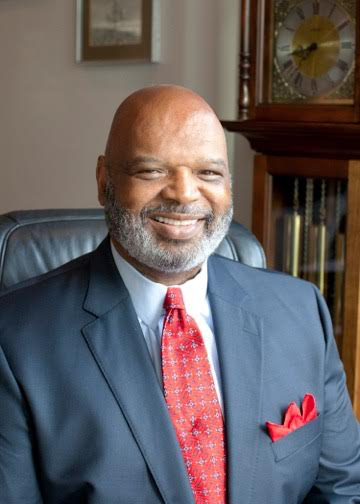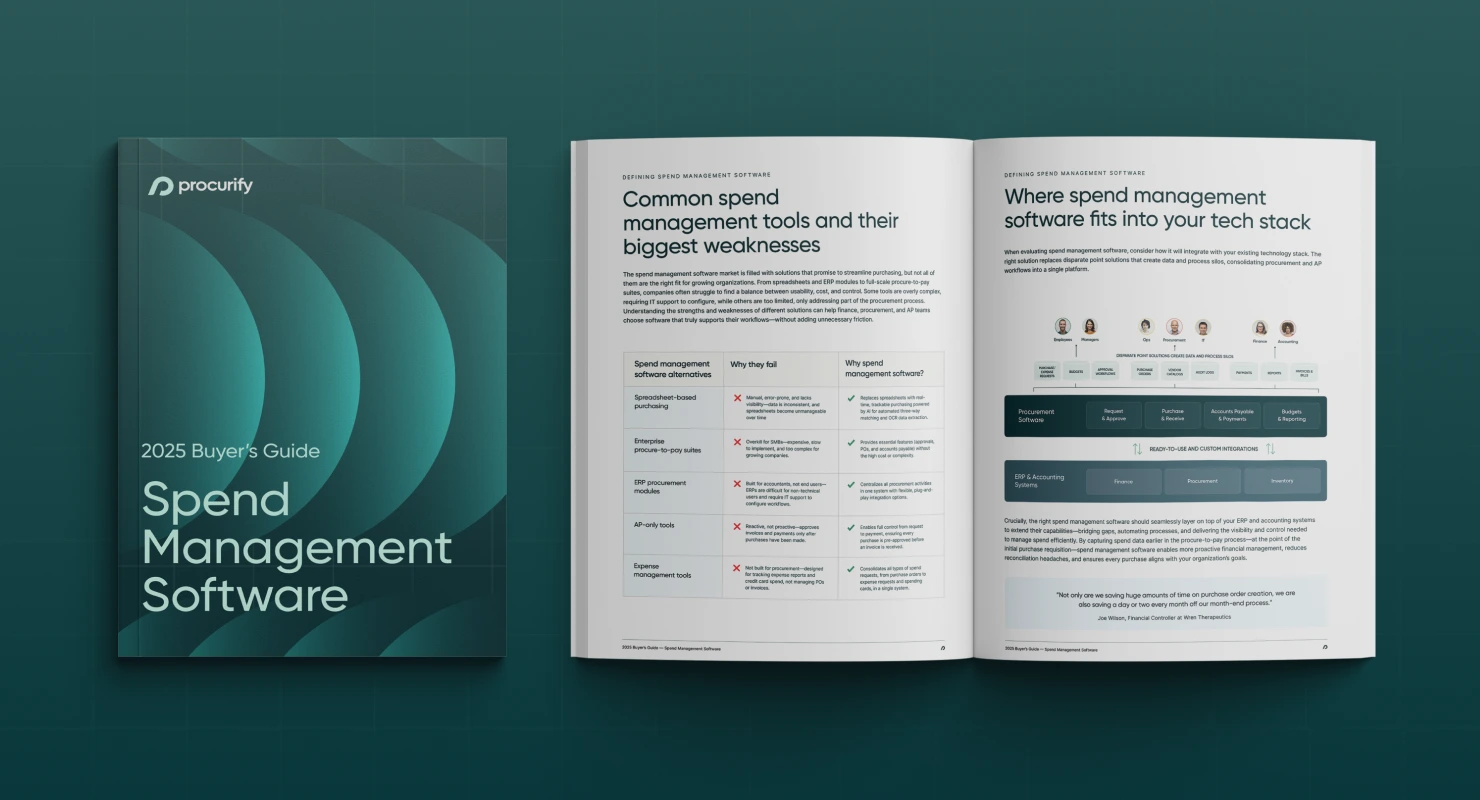Company Culture Matters, but So Does the Person You Work For
Let’s jog our memory to General Electric’s golden days — that period of radical transformation when it went from being a power company into an engine of massive economic growth, becoming a market leader in areas as diverse as Finance, Media, Healthcare, Venture Capital and Transportation. At the helm of this diversification was Jack Welch, arguably one of the boldest and most prolific CEOs, who oversaw hundreds of mergers and acquisitions in his career.
In the seventies and eighties, GE was the training grounds for overachievers who would go on to head other companies and challenge the status quo. It was Jack Welch who famously said, “I’m desperate to get myself people who are smarter than me…I’m desperately trying to get people with energy. I call them the 4 E’s: Energy, ability to energize people, to execute, get it done, and have edge. And I want passion. I want them to care more.”
Welch had the uncanny ability to identify high performers and groom and cultivate them into future leaders. One of these leaders is Michael Dinkins — our guest today, who also happens to be one of the most visible faces in the community of Corporate Finance. This is his story:
It’s 1976 and Michael Dinkins, a Finance major from Michigan State University, finds himself at GE Capital — one of the company’s largest divisions.
“After I graduated, I was looking for a company that could offer me a training program — the kind of program that would let me try my hand at a variety of things. I wanted to experiment with different areas of work and discover that area which was the best step for me. As it happens, GE had a two-year-long financial management training program, which involved some coursework, along with the option to rotate through different roles every six months. This gave me an opportunity to see a variety of different activities from accounting work to business support; it ultimately did give me a little bit of direction in my career. What was unique about GE was that you didn’t need a masters degree to get ahead. Many senior managers at GE did not have masters degrees and I was having good success getting promoted into different roles.“

Michael Dinkins has held the positions of Executive Vice President & Chief Financial Officer at a string of companies.
In the seventies and eighties, the world economy was cratering with a recession in much of the developed world. But, General Electric was on track to acquire 600 new companies and take its market cap from $12 Billion to hundreds of billions of dollars. What distinguished GE from other companies? Was it the people or was there something inherently unique about GE’s culture?
“I don’t think it matters what company you work for; it’s the person you work for that matters much more. Two things: Companies do have cultures; so, some companies have a culture where everyone’s going to work six days a week, sixteen hours a day; so, if that doesn’t fit with you, you know you’re not going to excel there. So you go looking for a culture thats the best fit for you. But you’ll soon realize that there’s something beyond culture — ultimately it comes down to the individual you are working for. If you really want to excel, you need to find someone who’s the best at what they do, someone who’s on top of their game. For me, the deciding factor is not the company, but the manager that I will be working for. If the manager impresses me, and I feel like I can learn a lot from them, then that’s more valuable to me.”
And at GE, Michael had the rare opportunity to learn from the best — it was Jack Welch, himself, who set an example for the rest of the company.
“At GE, some other black managers and I decided to approach Jack Welch and discuss GE’s take on affirmative action — just the fact that we didn’t think there was enough black representation at GE, and what we could do about it. We wanted to tell him that if he set the tone right from the top, things would get better. And basically, he said, why are you asking me to fix this problem when the leadership needs to come from you? And we all left with our tail between our legs. But, it taught us a lesson — fix the problem yourself. Take ownership. Make sure you’re contributing to fixing the problem and then rally people around you to help get momentum behind what you’re doing, but don’t go to someone with a problem until you get in there and chart a course to fix it. So, we went back to starting an African-American group. We started watching our representation, started mentoring the people ourselves and once that took root, some of the leadership went back to Jack Welch. Subsequently, he spoke at our next conference. What I learned with that interaction with Jack was that one ought to be a senior leader, not a complainer.”
Michael worked at GE for close to two decades, and by the time he decided to branch out on his own, he had already acquired the skills, the operational expertise and the mindset that was necessary to becoming a Leader not just in the realm of Finance, but beyond. After GE, Michael worked as VP of Finance, CFO, Executive Vice President and Chairman at a string of companies. What distinguished Michael was that he wasn’t content with making analyses or reporting on numbers. It was, perhaps, a combination of his gregarious personality and a belief that he could engage with employees across departments to come up with actionable solutions that actually solved problems. It also helped that he was trained by the best.
“What distinguished me was that I chose to do a lot of project work across departments. Early on in my career, I took on a project where I was put in-charge of consolidating payroll from fifty different plant locations into one central location — this was back in the days when computers were just being introduced and networks were very slow. This experience came in handy when I was later working for a company that acquired five different companies; I relied on my experience to figure out how we’re going to make payroll and move funds around in order to have enough funds to make payroll. Working on various projects acclimatizes you to the environment of uncertainty — an environment where you’re with faced a certain set of problems that could lead to disaster. But in the face of these problems, you brainstorm, you look for solutions and then try to figure out ways to solve them. You often don’t succeed, but you learn to deal with such setbacks and that gives you an enormous amount of confidence. You become a better leader.”
Of course, that’s easier said than done. Besides, things always seem rosier in retrospect. Michael’s advice makes sense, but can it actually help younger, up-and-coming accountants, analysts or bankers make a tangible impact on their career. Indeed, to what extent can a young professional follow Michael’s playbook — especially at a time when there is an abundance of career hacks, management literature and self-help books competing for attention? To a young accountant trying to advance her career, aren’t there far too many variables, doubts and uncertainties that need to be accounted for — no pun intended. So we did the best thing we could — we just asked Michael what kind of person he, himself, would hire.
“When you stop and think about it, when you actually figure something out, the solution is only in your head. So, the crucial thing here is your ability to go and communicate your idea to somebody else. I look for people who are good communicators, I look for people who can interact not just with people from their own specialization, but with those who don’t directly work them. An ideal communicator would speak differently to an investment banker, use a different language than they would if they were talking to a plant manager. And these are communication skills that you begin to develop when you’re fresh out of school. That’s why I keep going back to the important of doing projects and dealing with the unknown, with uncertainties and situations where things do not go as expected. And when you’re working for people that are highly successful, you’ll see how they deal with those uncertainties, and you’ll learn from that. It’s a cliche but the adage ‘never waste a good crisis’ carries a lot of gravity. So when something fails or does not go expected, you want someone who has a positive attitude — someone who’s willing to use the opportunity to show his leadership skills.”
If there’s one thing that’s truly remarkable about Michael’s career, it’s his seamless transition from a Finance person into a variety of roles. This is a unique trait that he shares with at least one quarter of the CEOs in North America. According to Quartz Media, up to one-fourth of CEOs in North America were, at one point, CFOs. In fact, a CFO’s powers of adaptation are so strong that often times, they are hired as a CEO in a company or industry in which they have no prior experience.
“I think one of the reasons why a lot of CFOs are being elevated to the CEO role is because the CFO is one of the few positions that sees the total company. Everything that’s going on within the company — the CFO has insight into that. They understand processes within the company and the time frame of these processes to happen. So, they see how HR is recruiting and how long it takes for HR to actually bring someone on board. They see how a manufacturing plant is going to introduce new equipment and what’s the startup time for that equipment and so forth. They understand the quality control systems that are over the business and what’s going to cause a product to be rejected and then what it’s going to take to potentially mitigate that product being rejected. They see the whole company and there’s an advantage to that. And when you have a CFO that sees the whole company and they are outgoing enough that they build relationships with various people and they have the respect of those people, and those people know that the CFO understands the processes, they win the respect of those individuals. Thee people then feel comfortable elevating the CFO to the CEO role. And if that CFO is smart, he will surround himself with people that can generate revenue. Ultimately, the purpose of the business is to go get customers and generate revenue.”
Michael began in 1976. It’s now 2017, and even though he has retired from holding some of the coveted positions that he once held, he is now focused on using his experience to change the fates of struggling businesses.
“This month, I started my own business; I named it Dinkins LLC. It’s purpose is to work with entrepreneurs who are seeking access to capital. Not too long ago, I read somewhere that when small businesses try to raise capital with their bank, seventy percent of the time they are turned down. I’ve worked with some friends of mine who know a number of investors, community banks — the smaller venture capital firms that look for opportunities of five, ten, fifteen million-dollar investments. This is the middle market, and there’s a great need for this market in our times. So, I’m going to be speaking at conferences, doing lunch-and-learns and networking with companies that need help. If I can match them up with a lender and show them how how they can increase their probability of being approved. Part of it is just matching them up with the right lender; Other than that I spend a good portion of my time supporting my church.”

2025 Spend Management Software Buyer’s Guide
Choose the spend management solution best suited to your organization’s needs with an overview of the 2025 software ecosystem, feature comparisons, and a free vendor capability evaluation checklist.
